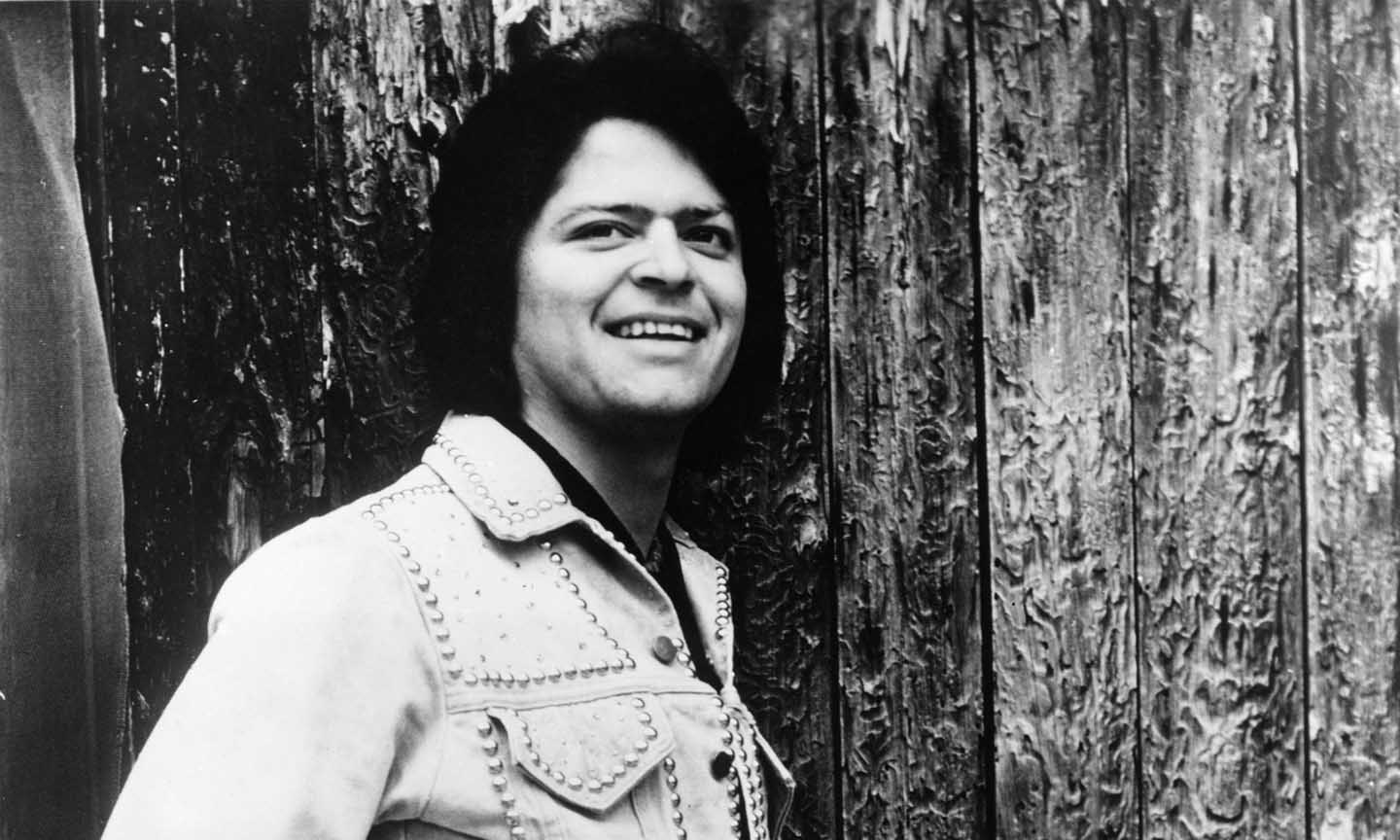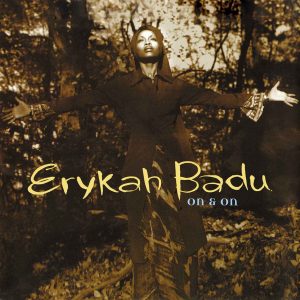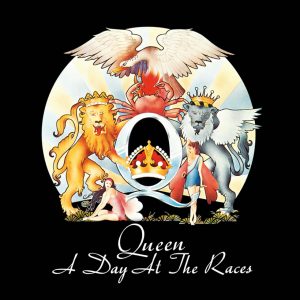The lines between traditional Mexican music and American country music have long blurred close to the border (and beyond), each influencing the other. Yet it took decades before Nashville fully accepted a Mexican-American artist into its fold: Johnny Rodriguez, who grew up in South Texas listening to both genres as well as the full range of American pop, became one of the first in the early 1970s thanks to both his preternatural gifts as a vocalist and the advocacy of the then-massive singer-songwriter Tom T. Hall.
Below are some of Rodriguez’s best and most important songs, explained in the context of his incredibly important story.
Listen to the best Johnny Rodriguez songs on Apple Music and Spotify.
Beginnings
Johnny Rodriguez’s origin story made for perfect country music lore: arrested for goat rustling near his hometown of Sabinal, Texas, the singer was released early after serenading the sheriff for a few hours. A Texas Ranger who heard him sing introduced him to the man who would become his manager, then that man, J.T. “Happy” Shahan, had him play on a local stage that also hosted national stars including Tom T. Hall. Hall heard him and, apocryphally, invited him straight to Nashville.
Rodriguez became part of Hall’s band, and soon the legendary songwriter was telling anyone who would listen about his new discovery – including his label, Mercury, who quickly signed Rodriguez and released an LP full of songs Rodriguez co-wrote with Hall. Introducing Johnny Rodriguez was an instant sensation, a relatively stripped-down showcase of Rodriguez’s flawless voice and convincing country songwriting that included both a Spanish-language take on Jenny Lou Carson’s decades-old “Jealous Heart” and “Easy Come, Easy Go,” a song from then up-and-coming outlaw Billy Joe Shaver.
His pedal steel-laden debut single, 1972’s “Pass Me By (If You’re Only Passing Through),” hit No. 9 on Billboard’s country chart (climbing while Hall’s “Old Dogs, Children And Watermelon Wine” was No. 1) and earned Rodriguez the Academy of Country Music’s award for “Most Promising Artist.” It only took one more single, “You Always Come Back (To Hurting Me),” for Rodriguez to become the youngest man ever to top the country chart – a record that stood until 2012. His first No. 1, one of the co-writes with Hall, had a sweetly melodic chorus that made the most of Rodriguez’s effortless vocals, and made ubiquitous a voice that Billboard declared “may well prove to be the youth shot-in-the-arm that country music has long sorely needed” in 1973.
Riding that momentum, as well as a joint tour with fellow young star Tanya Tucker, Rodriguez reached No. 1 with his next two singles, “Ridin’ My Thumb To Mexico” – Rodriguez’ own composition – and “That’s The Way Love Goes,” the first hit recording of the now-classic Lefty Frizzell and Sanger D. Shafer tune. “Mexico” was also the biggest pop crossover of his career, reaching No. 70 on Billboard’s Hot 100.
Johnny Rodriguez’s radio reign
Between 1974 and 1976, Johnny Rodriguez released five more top ten country albums that included a bevy of radio hits. “We’re Over,” the Mann-Weil composition that Rodriguez brought to country listeners before Glen Campbell included it on Rhinestone Cowboy, further proved his pop bona fides. The dramatic ballad employed a piano and string section where Rodriguez typically had a traditional country band, yet it still sounded easy and natural.
Rodriguez returned to the No. 1 spot on the country charts for the fourth time in 1975 with the Larry Gatlin tune “I Just Can’t Get Her Out Of My Mind,” a melancholy two-stepper with all the Texas dancehall trappings. At 23 years old, Rodriguez was already dominant, credited with helping reinvigorate country music sales nationally with his sweet, deep voice. Though his singles weren’t monotone, they mostly fell in line with the trendy pop and country sounds of the era – with hints of stripped-down Texas traditionalism shining through.
He followed “Mind” with two more chart-toppers – the epic bedroom ballad “Just Get Up (And Close The Door),” and the vaguely calypso-tinged “Love Put A Song In My Heart.” The latter was his first single on which he sang in Spanish, despite his penchant for reinterpreting country classics in both English and Spanish on his albums. It was his final No. 1.
Rodriguez remained a fixture of country radio through the 1980s, though. “Down On The Rio Grande,” a mellow, “Margaritaville”-adjacent tribute to the iconic river complete with steel pan adornments, reached No. 6 on Billboard’s country chart in 1979. It was his first release after moving to Epic Records, where he would find more success with country’s neotraditional turn: “How Could I Love Her So Much” and “Foolin’,” written by iconic Bakersfield steel guitar player Ralph Mooney, both found the singer riding classic country sounds back to the top ten in 1983.
Johnny Rodriguez’s outlaw ties
As Johnny Rodriguez’s Texas peers – especially Willie Nelson, Waylon Jennings, and Kris Kristofferson – started to turn their outsider posturing into major pop sales, the singer was sometimes thrust into the “outlaw” category by virtue of his Lone Star origins (and little more). But occasionally, he embraced it. Billy Joe Shaver songs remained a fixture of his catalog, and he even released one – “I Couldn’t Be Me Without You” – as a single in the waning days of his country radio reign, pushing it to the chart’s top five.
One of the high points of his Shaver output was 1973’s take on the classic-sounding heartbreak song “Good Lord Knows I Tried,” which the songwriter himself would later record. Rodriguez also recorded songs by and with Nelson – “The Sound in Your Mind” and “Forgiving Her Was Easy” – and Merle Haggard. His 1977 take on Haggard’s “The Immigrant” carried particular weight, as did his contributions to the Highwaymen’s version of Woody Guthrie’s “Deportee (Plane Wreck At Los Gatos).”
Rodriguez occasionally integrated outlaw-esque stylings into his own writing, as in “Bossier City Backyard Blues,” an eclectic song about a song that finds him name-checking Tom T. Hall in the same way his outlaw peers constantly cited each other.
The singer brought his Texan and outlaw roots into his later work as well, finding success with his own take on Robert Earl Keen’s newer classic, “Corpus Christi Bay.”
En Español
One of the most revolutionary things Johnny Rodriguez did – besides simply existing as a Mexican-American man in country music – was to integrate singing in Spanish into almost every album he released. From his debut on, the singer would reinterpret country classics in a mixture of English and Spanish, insisting without stating it explicitly that country music was not just for white people, and not just for English speakers.
One of the most memorable examples of this kind of reinterpretation was his take on the iconic Don Gibson track, “I Can’t Stop Loving You,” with Rodriguez singing the chorus in Spanish while his background singers sing the refrain in English. Another was “I Really Don’t Want To Know,” which served as a perfect vocal showcase as well as evidence of his country history bona fides.
Rodriguez explored singing in Spanish further, submitting his take on the massive Eurovision hit “Eres Tú” to country radio in 1977. It wasn’t received all that well, but remains one of the best examples of his talents as a genre-agnostic crooner. He returned to a bilingual approach with “Cuando Calienta El Sol,” which, though originally written in Spanish, had already been a hit in English stateside. Later in his career, he worked with Tejano musicians on the 1990 Spanish-language album Coming Home.
Think we missed one of Johnny Rodriguez’s best songs? Let us know in the comments below.




